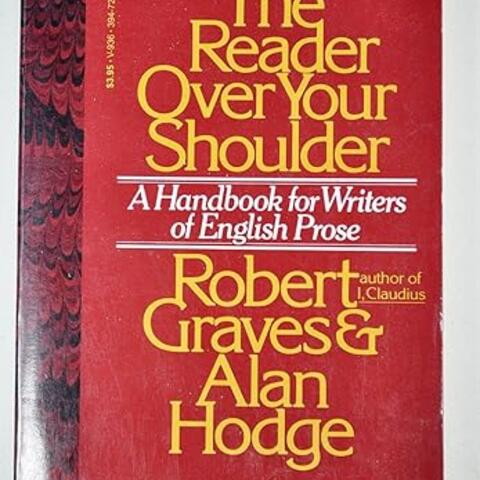Turbocharged: Harnessing ADHD for Writing
Notes from a Writer's Desk

It took me years to admit that I had attention deficit hyperactivity disorder (ADHD). Beyond being a woman, and Asian—both underdiagnosed populations—I never thought about neurodivergence in general until mine started affecting my work in a PhD program. ADHD is characterized by difficulties identifying tasks and staying focused, impulsivity, and bouts of excessive activity; it’s classified as a “disorder” and a disability. Having ADHD can definitely make writing hard, but that’s not always the case.
It took years, but I eventually harnessed the unique advantages of ADHD to produce neurobiology research, a dissertation, and some novels. Try these tips and see if they work for you.
Use a calendar app
Attending meetings that aren’t a part of my normal weekly schedule can be a challenge! Any time I make plans, I stop everything I’m doing and add it to the Google calendar app on my phone. I have default reminders at 1 day, 1 hour, and 10 minutes before the event so that I don’t forget to show up (it’s happened), and I make sure the notification sound plays even if my phone is silenced. (My phone is always silenced to minimize noise and distraction.) The 10-minute reminder is especially important, as I’ll sometimes get into a conversation or work and forget to log into a Zoom meeting, for example.
Prioritize tasks
I have a love-hate relationship with making lists, but when I am swimming in tasks and can’t figure out where to start, I find lists indispensable. Write down everything you have to do or want to do, identify tasks you must do imminently, start them, and do them no matter how much you don’t want to. You don’t have a choice at this point, especially if you’ve procrastinated.
After those tasks are out of the way, do whatever calls to you. I’ll often begin a non-urgent task, realize I’m not “feeling” it, switch to something else, and complete the original task later that week. Hopefully you can get into a flow state, which is always fun yet a bit tiring.
Do self-care while in deep work
I call my flow state “fire-brain,” when it feels like my mind is beaming ideas directly onto the page, even if the first draft is (always) bad. A whole workday can pass this way—eight to ten hours in which I don’t eat or move. Productivity is through the roof, but it’s bad for staying healthy.
To avoid damaging my body, I have a kneeling chair and alternate between that and standing. While working, I drink decaffeinated tea, unsweetened soy milk, or plain water to force myself to get up and use the bathroom or grab a snack. (I don’t drink anything very sweet to keep my blood sugar stable!) I keep easy-to-eat foods—string cheese, clementines, bananas, protein shakes—in my home and backpack; if this gets challenging, I will spend a bit extra on grocery delivery. It’s often too hard to stop work, make a grocery list, put on sunscreen, remember my wallet, and get to the store before it closes!
Finally, I stop working an hour and a half before I’m aiming to sleep, or the ideas will keep me up all night. Sometimes they do anyway, and that’s okay—I’ll take it as easy as I can the day after.
Use your support networks
Friends, family, and coworkers can help you remember tasks, stay accountable, and remind you to care for yourself. I let mine know that I’ll be grateful for their help and will never feel as if they’re pestering me, even if it’s something as silly as texting me “eat something!” or “tax day is next week!”. And I always remember to thank them.
Take care of your mental health
Accessing mental health care is important for all students, but it can be a necessity for neurodiverse people. Talk therapy can help you manage emotions and figure out routines (or freeform schedules) that work for you. For some people, medications can aid in concentration, regulating sleeping and eating, and more. Ask your doctor about what options might work for you.
For a more in-depth discussion on successfully writing with ADHD and neurodiversity, attend the FWC’s Turbocharged Zoom workshop on June 4, or Turbocharged in-person workshop on June 5.
Ready to book an appointment with FWC staff? Access the FWC intake form.
Get the Latest Updates
Join Our Newsletter
Subscribe to Colloquy Podcast
Simplecast




